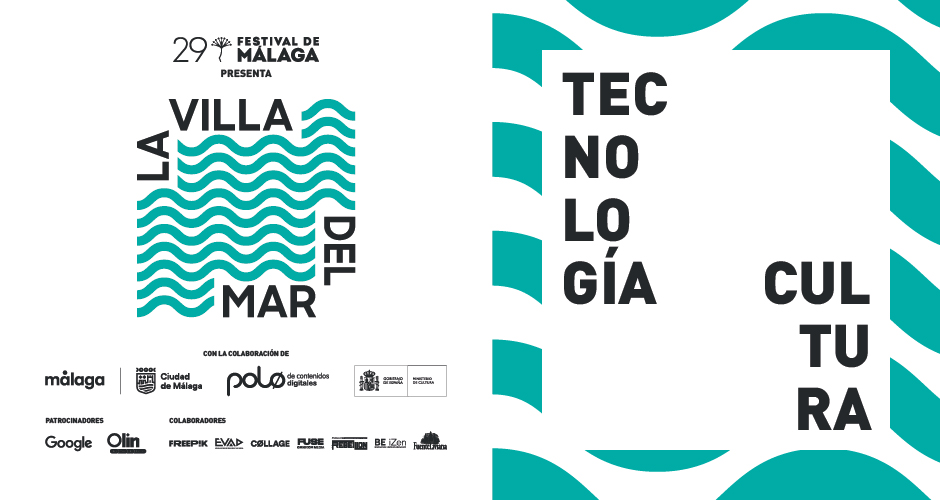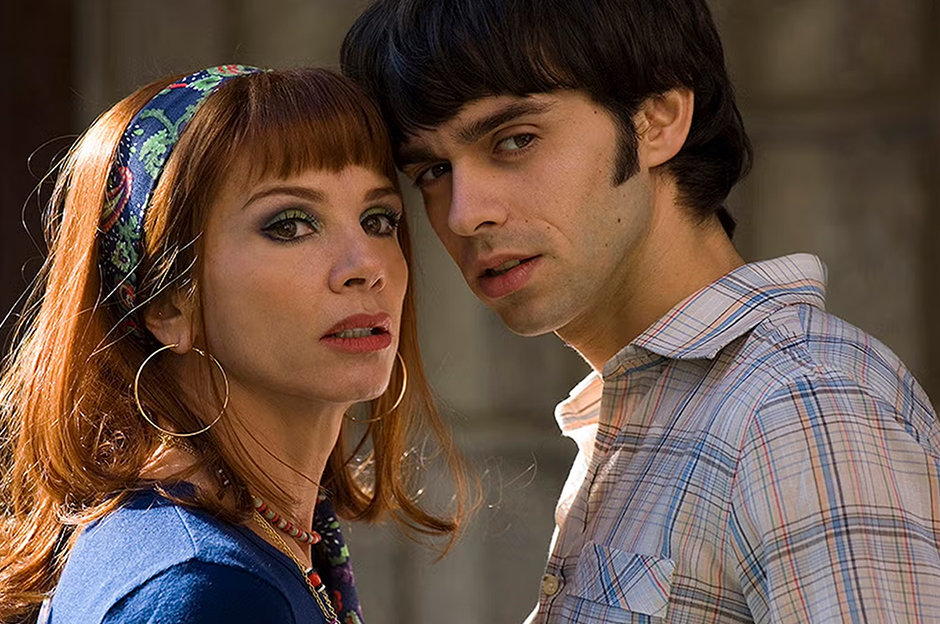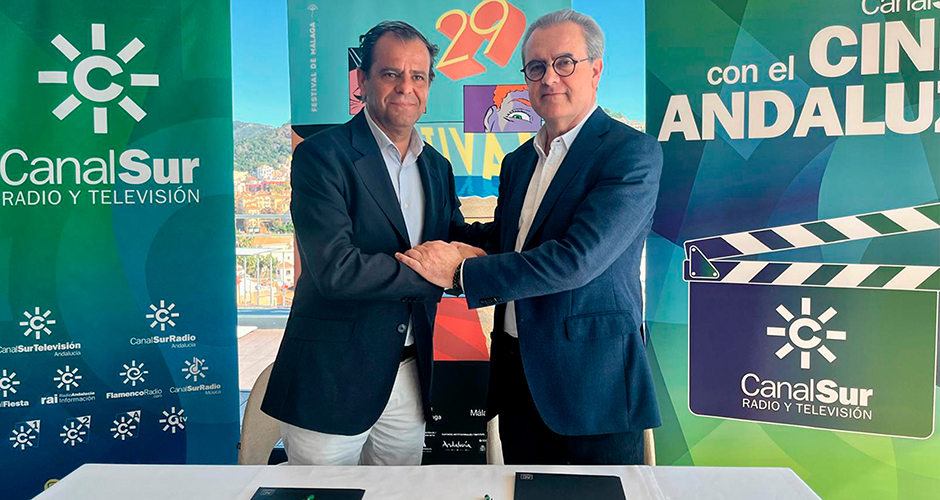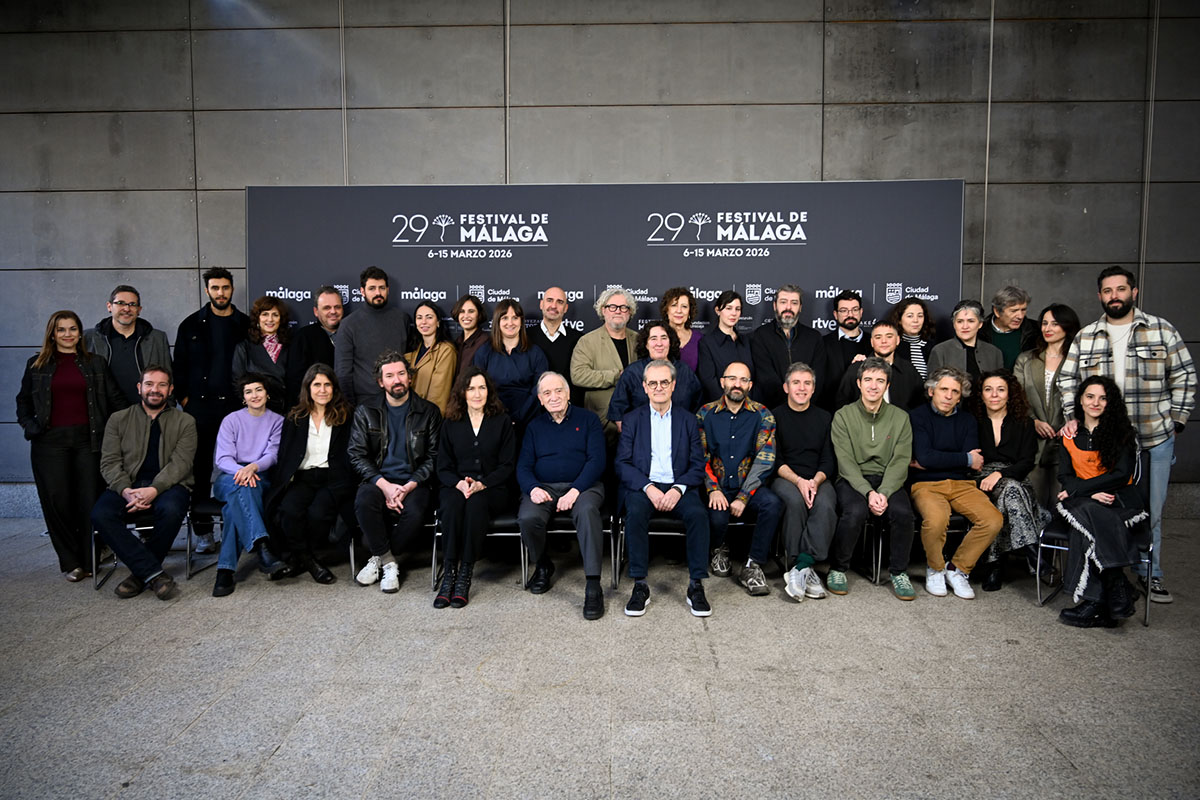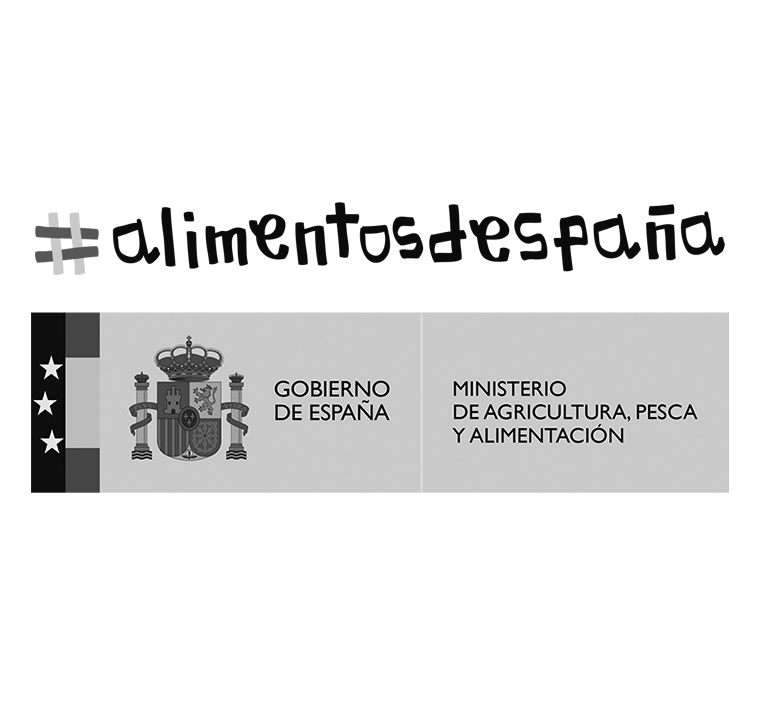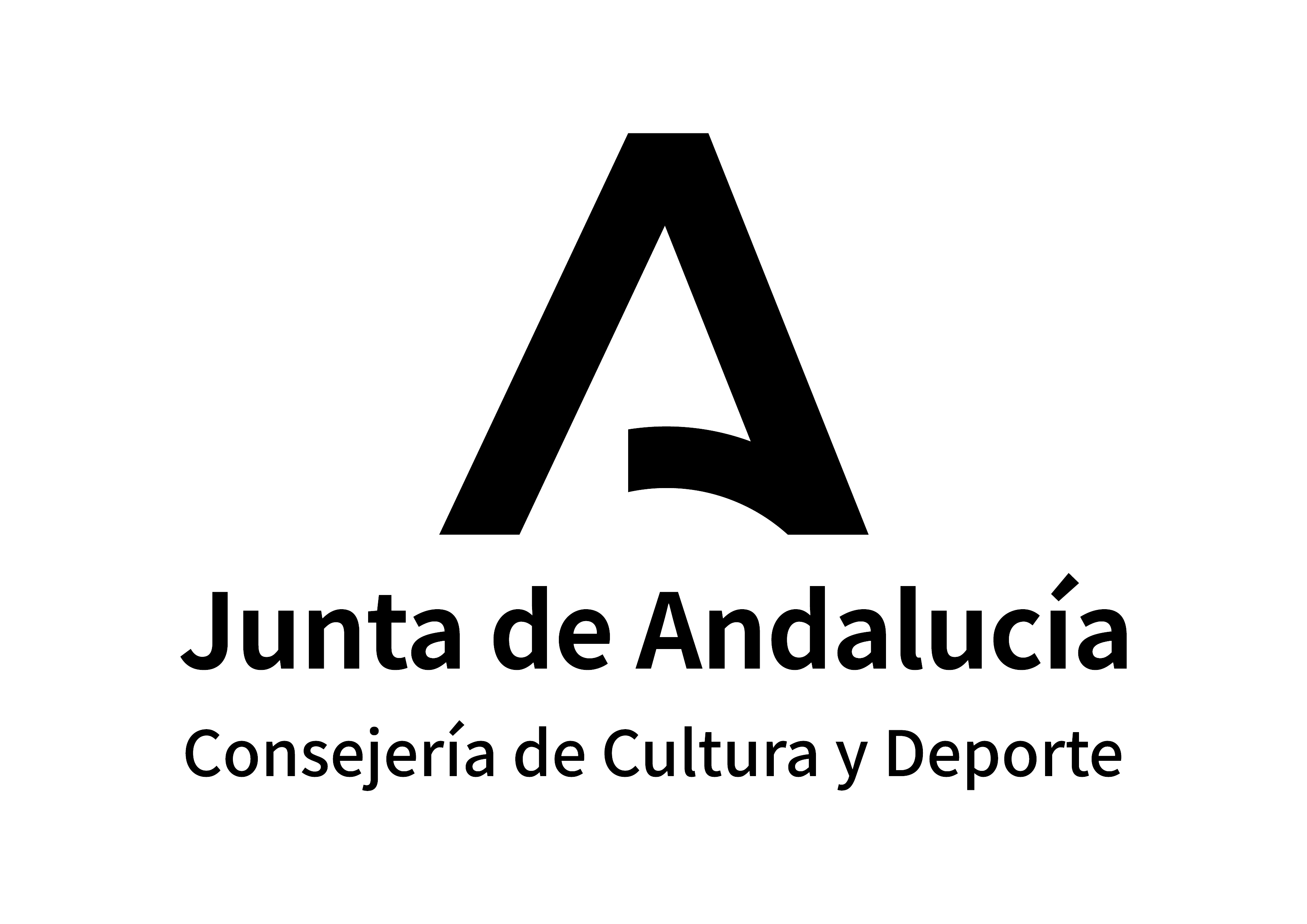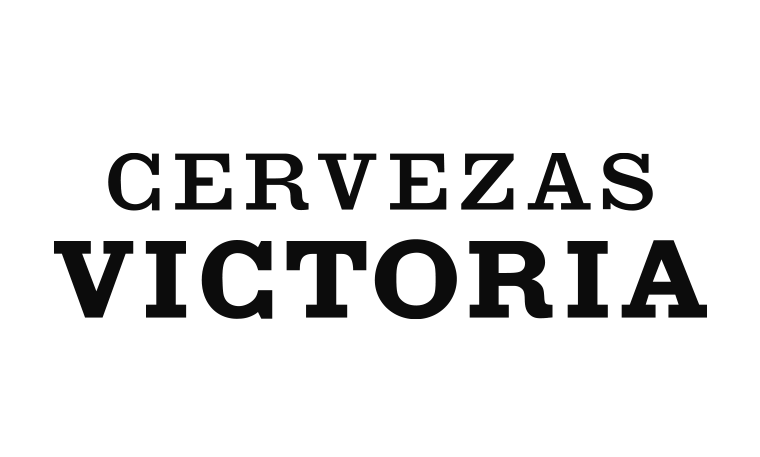Women’s voices in film take centre stage on the first day of the Affirming Women’s Rights section at the Festival de Málaga
Twelve titles make up the section that highlights and vindicates the role of women in the film industry, in addition to the winning films of the Women on Stage competition
The 27th Festival de Málaga and Malaga City Council’s Equal Opportunities Department are holding a new edition of Affirming Women’s Rights, with the participation of twelve films that contribute to raising social awareness of women’s rights and exposing their reality in different social contexts through the big screen.
The Affirming Women’s Rights project was launched in 2008 by the Festival de Málaga, documentary filmmaker Mabel Lozano, and Malaga City Council’s Equal Opportunities Department as a tool for protest and dissemination. This year, the section features the screening of two feature films and ten short films, giving visibility to the injustices of the collective and supporting the cinematographic work created by women.
The María Victoria Atencia Cultural Centre hosted the first screenings on Mondau: the feature film Aamelat; Jornaleras de la guerra – out of competition – directed by the photojournalist and filmmaker Eva Parey, which looks at the exploitation of women working in the countryside after the outbreak of war in Syria; and Ante un espejo roto, by Borja Pascual, which deals with the testimony of seven women dealing with an illness – anorexia.
Among the short films competing in this edition, stories about relationships and precarious situations will be show in Amb la boca petita, directed by Mór G. Dulcet, and No me dejes así, by Ceres Machado and the Malaga scriptwriter Salva Martos. The difficulties of cohabitation and family conflicts will also feature in some of the films in this section: Y tú más, by the directorial duo of Ana Cayuela and Leonor Jiménez, and Antes de que se poña o Sol, by Nani Matos.
Life changes and aspirations, the need to explore new realities and the connection between people are especially present in this new edition of Affirming Women’s Rights. In Camino Roya. Un camino de ida y vuelta, directed by the journalist Rocío Rodríguez, we learn the story of Remedios and how 'a small detail' gave her life a 360º turn; in the film La mujer ilustrada, the director Isabel Herguera interviews a group of female temporary tattoo artists while she teaches an animation workshop in the Indian city of Ahmedabadl and Birdie tells the story of a dubbing actress who discovers the importance of sharing moments with her loved ones.
Denunciation and vindication are the focus of the plot of Insumisas, by Laura Dauden and Miguel Ángel Herrera, who have narrated through activist voices the Saharawi resistance against colonialism and the plundering of their territory the ins and outs and doubts surrounding egg donation will be dealt with in Dona, by the Spanish-Guatemalan director Alexander Lemus, speaking of artistic processes, meanwhile, are Cristina García Rodero, an exponent of documentary photography, and her niece Patricia Gimeno, a dancer and choreographer, in En movimiento.
Julia Juániz Masterclass
As part of the section’s programme, the Museo Carmen Thyssen Málaga is hosting the ‘Montaje de sueños y soñadores’ (Editing Dreams and Dreamers) masterclass with Julia Juániz, this Tuesday at 11.00 am. The film and documentary editor – an Academia de Cine Ricardo Franco Award winner at the last edition of the Festival de Málaga – will talk about the history and evolution of editing, analysing the differences between fiction and documentary and comparing them through the projection of fragments.
Women on Stage Film Exhibition Awards Ceremony
At the same time, on Wednesday 6 March, the awards ceremony will take place for the Women on Stage film exhibition, held in October and November 2023 and organised by the Festival de Málaga in collaboration with the Equal Opportunities Department of Malaga City Council. The award-winning films are Algo permanente, Amarradas, Lava, Sampo and La ilusión de la abundancia and will be screened at the Centro Cultural María Victoria Atencia. Admission is free, by invitation, and can be collected from the Equality Department.
Share









